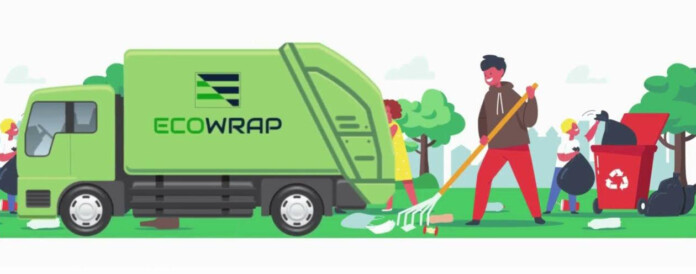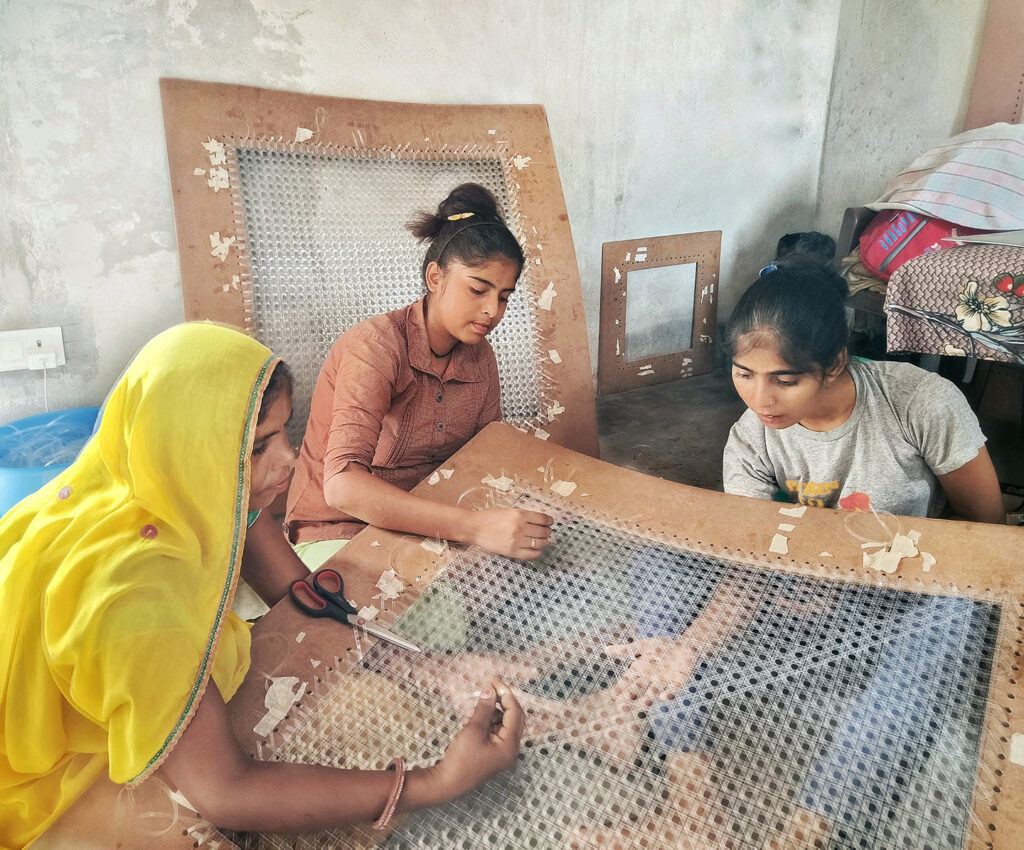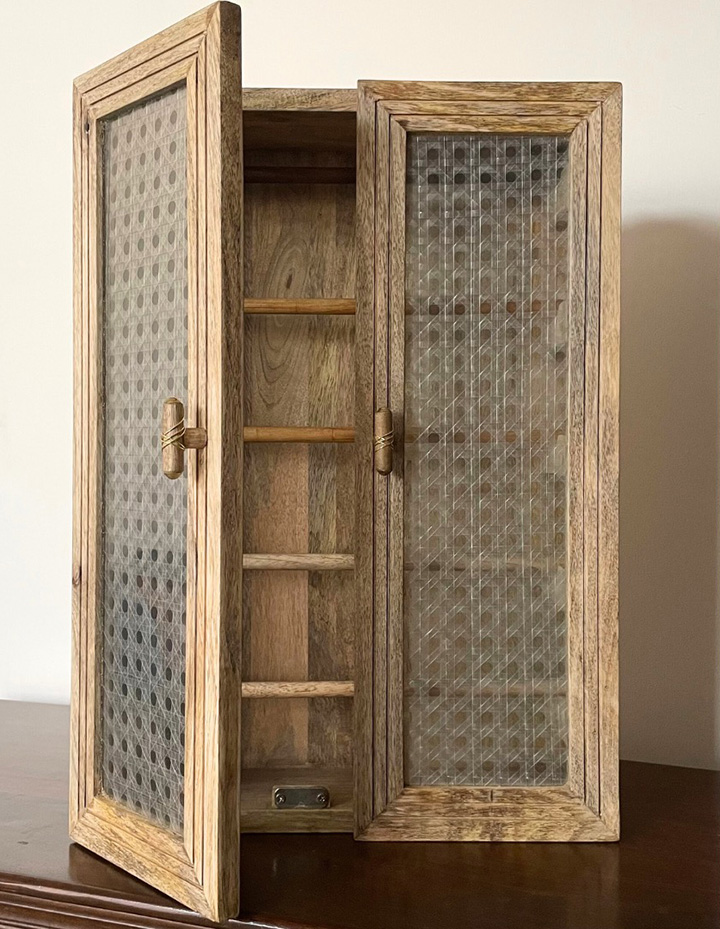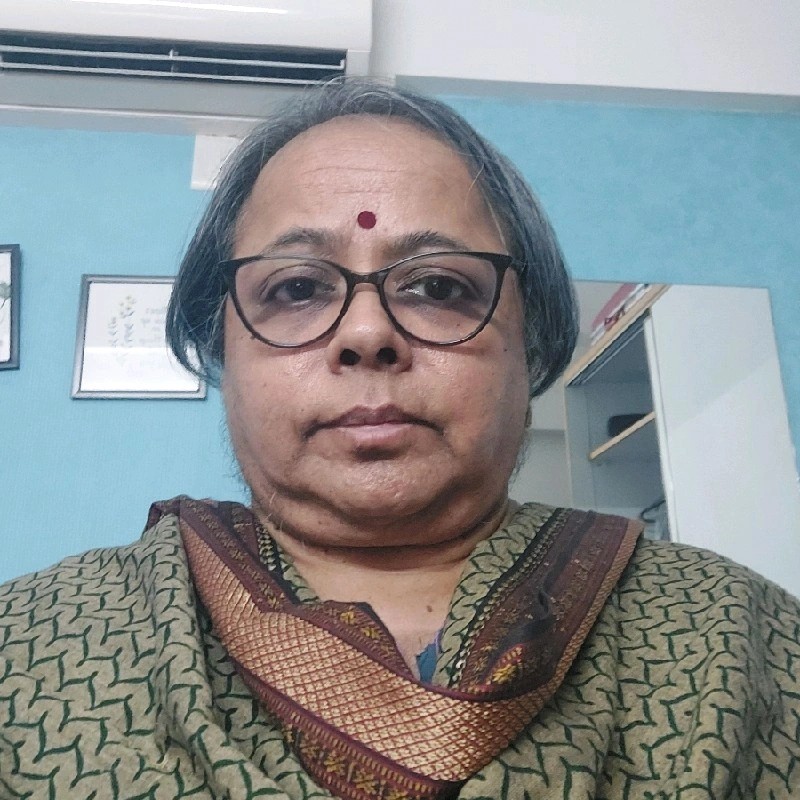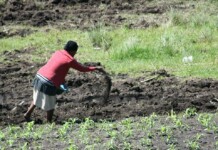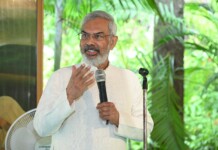While travelling during his college days, Angraj Swami would see large dumpsites along the roads and ponder about the problem of solid waste management in India. After completing physics honours from Delhi University, he applied his mind to the problem. He set up a recycling unit in Delhi.
One day he had an epiphany: the true challenge in this field lay not in the treatment of waste but in transforming human behaviour related to waste management.
In 2014, Angraj founded ECOWRAP, a pioneering Jaipur-based waste management startup that uses innovative, technology-driven solutions. The venture is involved in waste segregation, collection, tracking, recycling and upcycling. Soon he was joined by three friends as co-founders – Ajay Buri, Chandrakant Swami and Manoj Sabu.
“From my research, I had gathered that a large proportion of India’s waste material was not recyclable because of poor waste segregation practices. If waste is properly segregated, it is like gold. Unsegregated waste hinders all types of treatment processes, including recycling, waste-to-energy, and RDF (Refuse-Derived Fuel) production,” says Angraj.
ECOWRAP aims to safeguard waste from contamination, preserving its tradeable value and recycling properties.
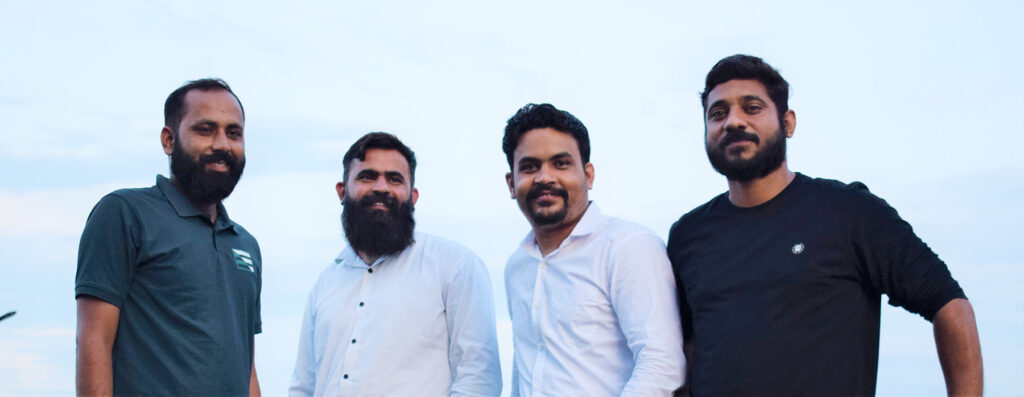
Mera Desh Zero Waste
With an ambitious slogan ‘Mera desh zero waste’, ECOWRAP has several strategies geared to accomplish its mission. At the heart of its activities is a drive to promote and incentivize waste segregation. This is done by offering cash rewards to people based on AI-powered ratings of their segregation practices. These rewards go into digital wallets. The beneficiaries can use the money for purchases or transfer it into their bank accounts.
The ratings also motivate individuals and educational and commercial enterprises to improve their waste segregation practices. If a user gets a 5-star rating for plastic (cans included) he is gets Rs 16 per kilogram. For paper, the rate is Rs 12 per kg and for glass, it is Rs 3 per kg. Electronic waste is not rated but purchased at Rs 80 per kg.
ECOWRAP provides door-to-door waste collection services. Using the app, people can schedule a dry waste pick-up. Wet waste is collected daily. The pick-up request is sent to the nearest truck. Four dustbins are provided by the enterprise for primary segregation, labelled organic, plastic, glass and paper. The venture collects real-time data from the smart dustbins to check how much waste has accumulated. Trucks are sent to collect waste with technology optimising waste collection routes. This optimizes travel time, reduces fuel consumption and decreases carbon emissions.
Waste Audits
“Our platform also provides ‘waste audit’ reports that provide users with detailed insights into their waste generation patterns and data. This information empowers our users to proactively reduce their waste footprint,” explains Angraj.
ECOWRAP is a for-profit social enterprise. Its annual revenue in 2023-24 was Rs 2.54 crores. The venture is mainly funded by investors. Among its investor partners are Social Alpha and Villgro Possible. Mentors include IIT, Kanpur and The Buddha Institute.
ECOWRAP was selected as a fellow of The Buddha Institute founded by IIMA alumnus and social development entrepreneur, Ved Arya. “We got Rs 10 lakhs. We also benefited by getting to know like-minded people through the institute,” says Angraj.
‘Zero Dumping’ Status
The venture has successfully onboarded 1,550 commercial bulk waste generators in Jaipur, including hotels, restaurants, cafes, schools, colleges, and corporate offices. These entities are actively engaged in implementing a rigorous waste segregation process. Of them, 263 have achieved ‘zero dumping’ status. Dr B Lal Institute of Biotechnology became India’s first ‘zero dumping’ entity.
“Every day we collect 10 metric tonnes of solid waste with a high degree of primary segregation. We have collected 1,612 metric tons of solid waste and sent it to recyclers over the past four years. Without our intervention this waste would have ended up in dumpsites,” says Angraj.
The enterprise collaborates with government bodies which play a pivotal role in the waste management sector. It seeks to strengthen partnerships with urban local bodies (ULBs) and smart city initiatives.
Social Objective
ECOWRAP seeks to empower ragpickers and rural women providing them with stable employment and safe working conditions. It has trained and integrated 40 ragpickers into the formal workforce. They are employed by the venture, earning around Rs 12000 and Rs.16,000 per month. They are also given accommodation and medical insurance.
The venture has an upcycling cum livelihood project called ‘Bhayli’. Here rural women from Rajasthan, who are very creative but have limited employment opportunities, make 16 products out of waste material like trays from aluminium beer cans and cupboards using plastic bottles. The women earn around Rs 12,000 a month.
ECOWRAP’s efforts have not gone unnoticed. The enterprise has received numerous accolades, including the India Waste Management Award 2022 and recognition at the World Tourism Forum in Lucerne, Switzerland. In 2021, the venture was also honoured by the United Nations Youth Co: Lab for its innovative contributions to sustainable waste management.
“We are proud to be one of the Top 30 Cleanovation Startups recognized by the Ministry of Housing and Urban Affairs (MOHUA),” says Angraj.
Reducing GHG Emissions
ECOWRAP has successfully reintegrated recyclables into the value chain through its strong partnerships within the recycling and upcycling sectors. Through recycling and reducing the need for manufacturing, ECOWRAP has reduced 2,967 MT of green greenhouse gas (GHG) emissions. Again, recycling paper has saved trees from being cut down. Recycling of all materials has saved energy and water needed for manufacturing.
ECOWRAP and the Aditya Birla group did a joint pilot project for six months on the feasibility of integrating used aluminium foil into the recycling chain. The Aditya Birla group is taking the initiative forward.
The venture has organized ‘zero dump’ events like literature fests, cricket events, marathons and movie shoots as also clean-up drives and awareness campaigns in schools and colleges.
It adheres to eight Sustainable Development Goals (SDGs) – gender equality, decent work and economic growth, reduced inequalities, sustainable cities and communities, climate action, responsible consumption and production, life below water, and life on land.
By focusing not just on waste management but on transforming the way society perceives and deals with waste, ECOWRAP empowers individuals and businesses to actively participate in waste management.
Aruna Raghuram is a freelance journalist based in Ahmedabad. She writes on women’s issues, environment, parenting and social enterprises.


